This I believe...
In everything I write and talk about, I return over and over to a core concept: that curiosity and humility have incredible power to transform relationships, which in turn open up new possibilities for collaboration and creative problem-solving.
I was heartened when one of my readers seized upon it in last month’s post and wrote to me, saying: “I love that you write about the value of more humility and more curiosity—what a different world when this is cultivated.”
Yes, indeed! Imagine the possibilities!
This inspired me to dig up an essay I drafted back in 2005, when National Public Radio had a program called “This I Believe,” and invited listeners to contribute their essays. I wrote about believing that if we all cultivated more curiosity towards others, and humility in ourselves, we could make the world a better place for all. Curiosity and humility help us thrive, both individually and collectively, because they give rise to authentic connections, mutual understanding, empathy, and creativity—even as we disagree or see things differently.
Humility is often conflated with shame or submission. It is neither. Humility means acknowledging that we don't see all there is to see and that there is more to learn, often from unexpected sources. Curiosity is an open query, not knowing where it will take us, knowing only that it will expand our understanding in some way. Curiosity and humility are the foundation of deep wisdom, and they help endeavors to flourish.
Coincidentally, this dovetails with a podcast I listened to recently with Esther Perel, a well-known psychotherapist. She talks about the power of curiosity to revitalize a relationship—any relationship—by checking our tendency to assume that we know all there is to know about someone.
Subscribe to our newsletter for more about Perel’s podcast, including a few snippets that really resonated with me.
———
Copyright © 2019 Sharon V. Kristjanson. All rights reserved.

